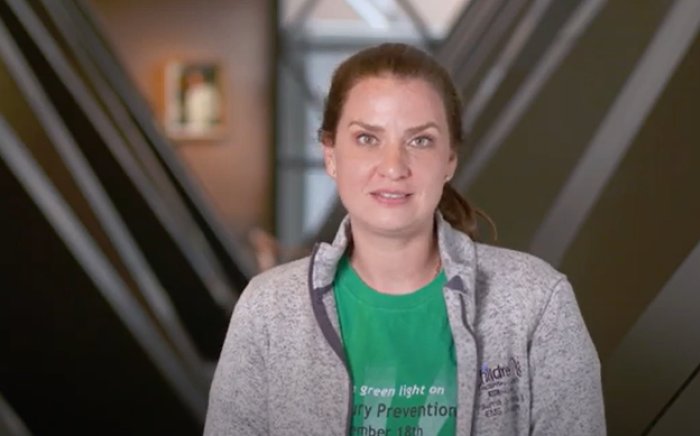Salmonella is a bacteria that infects the intestines and causes diarrhea, fever, and abdominal cramps 12 to 72 hours after infection. Over 1 million cases of salmonella infection are reported in the United States each year. The illness usually lasts four to seven days and most people recover without treatment.
However, in some people the diarrhea may be so severe that the patient needs to be hospitalized. In those patients, the salmonella infection may spread from the intestines to the blood stream and then to other body sites and can cause death unless the person is treated promptly with antibiotics. Infants and those with impaired immune systems are more likely to have a severe illness.
For more information or to schedule an appointment, call 314.454.5437 or 800.678.5437 or email us.
Salmonella may be spread by:
-
Eating raw foods contaminated with animal feces.
Contaminated foods usually look and smell normal. Contaminated foods are often of animal origin, such as beef, poultry, milk, or eggs, but all foods, including some unwashed fruits and vegetables, and peanut butter, may become contaminated. Many raw foods of animal origin are frequently contaminated, but fortunately, thorough cooking kills salmonella. -
Handling reptiles. Reptiles (such as iguanas and turtles) are particularly likely to harbor Salmonella and people should always wash their hands immediately after handling a reptile, even if the reptile is healthy. Adults should also be careful that children wash their hands after handling a reptile.
Since foods of animal origin pose the greatest threat of salmonella contamination, do not eat raw or undercooked eggs, poultry, or meats. Remember that some sauces and desserts use raw eggs in their preparation, so be cautious of these, particularly in foreign countries. Also, follow these recommendations by the CDC:
-
Make sure poultry and meat, including hamburgers, are well-cooked, not pink in the middle.
-
Do not consume raw or unpasteurized milk or other dairy products.
-
Thoroughly wash produce before eating it.
-
Avoid cross-contamination of foods. Uncooked meats should be kept separate from produce, cooked foods, and ready-to-eat foods.
-
All utensils, including cutting boards, knives, counters, etc., should be thoroughly washed after handling uncooked foods.
-
Thoroughly wash hands before handling foods and between handling different food items.
-
Thoroughly wash hands after contact with feces.
-
Thoroughly wash hands after handling any reptiles, since reptiles are particularly likely to have Salmonella.
For more information or to schedule an appointment, call 314.454.5437 or 800.678.5437 or email us.












